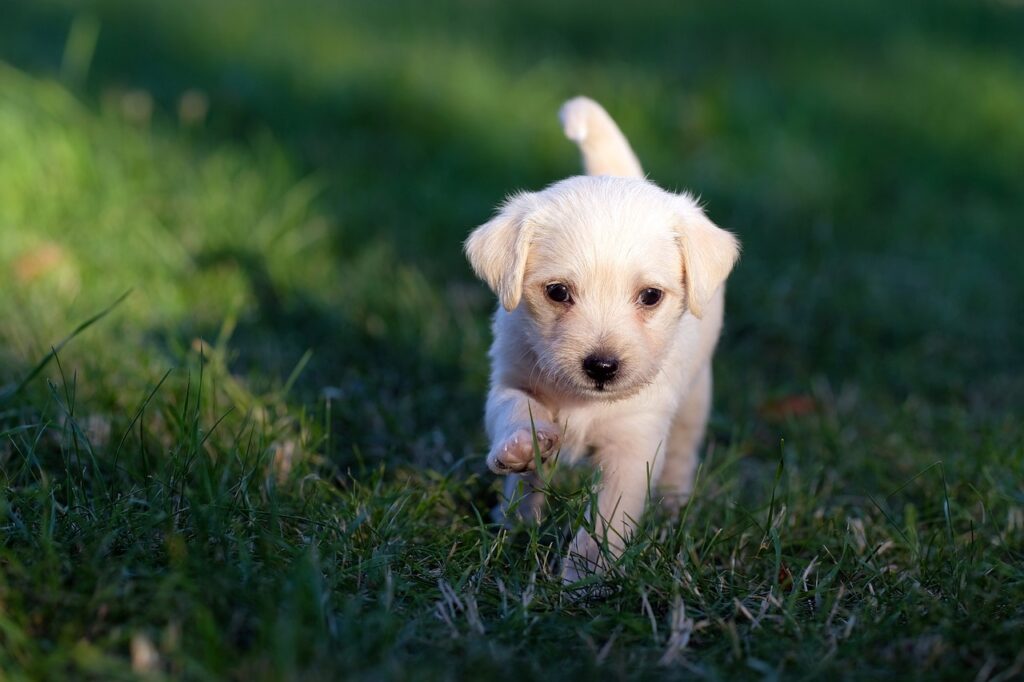
Why Do Dogs Eat Grass? Unraveling the Mystery Behind This Common Behavior

Dogs are fascinating creatures with unique quirks. One of the most common yet puzzling behaviors is grass-eating. If you’ve ever wondered why dogs eat grass, this article will provide insight into the reasons behind this habit and tips for ensuring your dog’s well-being.
Is Grass-Eating Normal for Dogs?
Yes, it’s completely normal! Studies indicate that 68-80% of dogs have eaten grass at some point. While it might seem strange, it’s a common behavior in canines and doesn’t always signal a problem.
Reasons Why Dogs Eat Grass
- Instinctual Behavior: Dogs are omnivores by nature, and their wild ancestors often consumed plant material through prey. This instinct may persist in domestic dogs.
- Dietary Deficiency: Dogs might eat grass to compensate for missing nutrients like fiber. Grass can aid digestion and provide small amounts of vitamins and minerals.
- Digestive Relief: Some dogs eat grass when their stomachs are upset. Grass can induce vomiting, which might relieve discomfort.
- Boredom or Anxiety: Grass-eating can be a way for bored or anxious dogs to cope. Ensuring proper mental stimulation can reduce this behavior.
- Enjoyment: Some dogs simply like the taste or texture of grass.
- Curiosity: Puppies and young dogs are naturally curious and explore their surroundings by chewing and tasting different things, including grass.
Is Eating Grass Harmful?
In most cases, grass-eating is harmless. However, there are a few concerns:
- Pesticides and Chemicals: Grass treated with fertilizers or herbicides can be toxic. Ensure your dog has access to untreated grass.
- Parasites: Grass in areas frequented by other animals may harbor parasites like roundworms or hookworms.
- Excessive Grass Consumption: Eating too much grass can cause minor digestive issues like diarrhea or gas.
If your dog eats large amounts of grass or shows signs of illness, consult a veterinarian.
How to Prevent Excessive Grass-Eating
- Evaluate Their Diet: Ensure your dog’s diet is well-balanced and rich in fiber. Consider high-fiber dog food or supplements.
- Provide Mental Stimulation: Offer toys, puzzles, and regular exercise to keep your dog engaged and reduce boredom-related behavior.
- Offer Safe Alternatives: Provide chew toys or dog-safe plants like wheatgrass as alternatives to outdoor grass.
- Supervise Outdoor Activities: Monitor your dog during walks or playtime to discourage unsafe grass consumption.
When to See a Vet
If your dog’s grass-eating becomes excessive or is accompanied by symptoms like vomiting, diarrhea, or loss of appetite, consult a veterinarian. They can rule out medical conditions and provide advice tailored to your dog’s needs.





